Watermelon for Babies – When to Introduce, Benefits, and Recipes
The early days of infancy have a telling effect on the future of the child, so every parent must take care to provide the best to their child in order to ensure proper growth. The growth of the child mainly depends on his diet, and what the child eats during infancy. Therefore, the diet of the child must be given utmost importance by the parent, and only the best food items must be fed to the child.
It can be confusing to choose what to feed your little one, as there are many sources which seem to suggest contradictory food items and recipes. However, there is one fruit/vegetable which is ideal for babies- watermelon. Can babies have watermelon? -you may ask. Watermelon is highly recommended for any child, as it has a multitude of qualities that make it so attractive. It combines both a refreshing sweet taste and the nutritional quantities of a proper vegetable. So, let’s read all you need to know about watermelon for babies.
Can Babies Have Watermelon?
Yes, they can! Watermelons are hydrating and, needless to say, refreshing. They are packed with vitamins like vitamin C and A, which support your baby’s growth and immune system. Watermelons are also a great source of natural sugars and water, keeping your baby hydrated and energised. Being soft and juicy, they are easy to serve on their own or mix into purees for a tasty treat.
When Can Your Baby Eat Watermelon?
Babies can be given watermelon once they turn 6 months of age. The fruit contains almost 95% water, it can help your little one stay hydrated. Watermelon can be given to babies as young as six to eight months of age.
Nutritional Value of Watermelon
The most attractive part about watermelon is that 93% of the fruit is made up of water, making it a great option to prevent dehydration among babies. The nutritional value of watermelons is given in the table below (1).
| Nutrients | Value per 100 g |
| Water | 91.45 g |
| Protein | 0.61 g |
| Carbohydrates | 7.55 g |
| Sugars | 6.2 g |
| Energy | 30 kcal |
| Total lipid | 0.15 g |
| Fibre | 0.4 g |
| Thiamin | 0.033 mg |
| Vitamin B-6 | 0.045 mg |
| Vitamin A | 0.17 mg |
| Vitamin K | 0.1 ug |
| Vitamin C | 8.1 mg |
| Niacin | 0.178 mg |
| Folate | 3 ug |
| Vitamin E | 0.05 mg |
| Iron | 0.24 mg |
| Phosphorous | 112 mg |
| Zinc | 0.1 mg |
| Calcium | 7 mg |
| Magnesium | 11 mg |
| Sodium | 1 mg |
Amazing Health Benefits of Watermelon for Baby
Watermelon has many health benefits, both for adults and babies. Some of these health benefits are given here (2) (3) (4) (5) (6).
- It helps a baby stay hydrated: Especially during the summer months, it is important that your child has enough water in his body. Watermelon is the perfect food for that as it is made up of 93% water.
- It can help strengthen the immune system: Vitamin C is important for growth and plays a huge role in the development of the baby during his formative years. Watermelon has high quantities of Vitamin C, which can help strengthen the immune system of the baby and help in iron absorption in the body.
- It can help improve eyesight: As watermelon is a good source of Vitamin A, it helps improve eyesight and also the health of the teeth and skin and the development of soft tissue and mucous membranes. Watermelon is rich in Vitamin A too.
- It helps strengthen the bones: Watermelon has a good amount of calcium and magnesium, which plays a huge role in promoting bone development and bone strength in infants. Calcium is also important for the proper secretion of hormones in the infant.
- It helps in the formation of red blood cells: Vitamin B complex consists of a set of vitamins, all of which play highly influential roles in promoting the growth and development of various systems in the body of the infant. These include the formation of red blood cells, development of the nervous system, strengthening of the immune system and enhancing the metabolism in the child.
- It’s good for the heart: As watermelon ripens, the amount of lycopene in the fruit also increases. This is an antioxidant which is great for the heart and plays a role in maintaining cardiovascular health in the child.
- It helps in digestion: The fruit is also rich in dietary fibre, which helps prevent constipation and promotes digestion in the child.
- It provides natural energy: The natural sugars and carbohydrates in watermelon provide a quick and healthy energy boost for growing babies.
How to Feed Watermelon to a Baby?
There are a few important things to remember while feeding watermelon to your child:
- Cut the watermelon into small pieces.
- Remove all the seeds to prevent choking.
- Seat your baby in an upright position.
- Mash the watermelon into a pulp, and spoon-feed it to your baby.
- If your baby is old enough, you can offer diced watermelon as finger food to your baby.
Are There Any Risks of Giving Watermelon to Babies?
Watermelon allergies in babies are rare, but a few sensitive babies may end up with rashes due to the acidic nature of the fruit. The symptoms of allergy include rashes, diarrhoea, runny nose and vomiting. Another main risk is that of choking, which is caused due to the seeds which are spread out over the flesh of the fruit, but yet again this risk is rare.
How to Select a Good Quality Watermelon for an Infant?
Keep in mind these pointers while selecting a watermelon for your little one.
- The watermelon should be heavier, smooth and a bit dull on the top.
- If you thump a ripe watermelon, it should sound hollow.
- If the fruit is rotten or overripe, there will be depression, bruises, cuts or spots on the surface of the fruit.
- The ground spot or underbelly turns yellow or creamy, in the case of a fully ripe watermelon.
- Avoid pre-cut, canned or frozen watermelons for your child, as they have a high risk of contamination.
How Can You Store Watermelons at Home?
Follow these methods to store watermelon at home.
- Wash the fruit under running water and store it in a clean and dry place if it is uncut.
- If cut into half, then store it in a refrigerator in an air-tight container or wrap it with food-grade plastic over the side that has been cut.
- Do not refrigerate for more than a day, after it has been cut.
- To keep your child from catching a cold, bring the refrigerated melon to room temperature before serving it to your child.
Watermelon Recipes for Babies
Here are a few watermelon recipes that your child can enjoy.
1. Watermelon Puree
Preparation Time
- 10 minutes
What You Will Need
- 2 cups of fresh watermelon, cut and de-seeded
- Blender
- Optional: Avocado, banana, or mango for taste variation
Instructions
- Cut the watermelon into small, de-seeded pieces.
- Place the pieces in a blender and blend until you achieve a smooth puree.
- For added thickness, you can mix in other baby-friendly foods or cereals.
- Consider adding avocado, banana, or mango to enhance the flavour.
- Serve the watermelon puree to your baby as a nutritious and delicious treat.
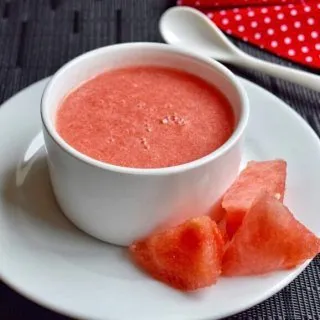
Source: Pinterest
2. Watermelon Juice
Preparation Time
- 5 minutes
What You Will Need
- 1 cup of sweet watermelon, cut and de-seeded
- Blender
- Strainer
Instructions
- Cut the watermelon into small, de-seeded pieces.
- Place the pieces in a blender and blend until smooth.
- Strain the mixture to extract the juice and squeeze any remaining flesh.
- Serve the freshly extracted watermelon juice to your baby for a refreshing drink.
3. Watermelon as Finger Food
Preparation Time
- 5 minutes
What You Will Need
- 1 cup of watermelon cubes, de-seeded
- Knife for cutting into thin slices
- Optional: Fruit puree or yogurt for dipping
Instructions
- Cut the watermelon into cube-shaped pieces, removing the seeds.
- Further, slice the cubes into thin slices to create easy-to-handle finger foods.
- Serve the watermelon slices as is or with a nutritious dip like fruit puree or yogurt.
4. Watermelon and Yogurt Parfait
Preparation Time
- 15 minutes
What You Will Need
- 1 cup of watermelon, diced
- 1 cup of plain yogurt
- Honey for sweetness (optional)
- Granola for added texture
Instructions
- Layer diced watermelon at the bottom of a serving glass or bowl.
- Add a layer of plain yogurt on top of the watermelon.
- Optionally, drizzle honey for sweetness.
- Repeat the layers until the container is filled.
- Top with granola for added texture and serve this delightful watermelon and yogurt parfait.
5. Watermelon and Blueberry Smoothie
Preparation Time
- 8 minutes
What You Will Need
- 1 cup of fresh watermelon, cut and de-seeded
- 1/2 cup of blueberries, washed
- 1/2 cup of plain yogurt
- 1 teaspoon of chia seeds (optional)
- Ice cubes (optional)
Instructions
- Cut the watermelon into small, de-seeded pieces.
- In a blender, combine watermelon, blueberries, and plain yogurt.
- Blend until smooth and creamy.
- Optionally, add chia seeds for added nutrition and blend again.
- If desired, include ice cubes for a refreshing chill.
- Pour the watermelon and blueberry smoothie into a baby-friendly cup and serve.
FAQs
1. Can watermelon cause red stool in babies?
Yes, it’s possible. The red pigment in watermelon called lycopene may pass through the digestive system without being fully absorbed, causing red-tinged stools. It’s generally harmless but consult a paediatrician if concerned (7).
2. How much watermelon should my baby eat?
Introduce watermelon in small, age-appropriate portions, such as a few spoonfuls of puree or a couple of small slices. Monitor for any allergic reactions and gradually increase amounts as your baby tolerates.
3. Can watermelon cause digestive issues in babies?
While watermelon is generally well-tolerated, excessive consumption might cause digestive discomfort due to its high water content. Introduce watermelon gradually, monitor for any adverse reactions, and consult a paediatrician if concerns arise.
4. Can watermelon help with teething pain?
Yes! Chilled watermelon can be a great teething relief for babies. You can cut it into small, soft chunks or freeze it in a mesh feeder for your baby to chew on, providing a soothing effect on sore gums.
So, this was all about watermelon for infants. Watermelon has been found to be one of the least contaminated fruits by many health associations, which makes it a great choice as food for infants. Once your baby turns six months of age, include it in his diet after checking with a paediatrician.
References/Resources:
1. U.S. Department of Agriculture – Watermelon, raw
2. Cleveland Clinic – Why Watermelon Should Be Part of Your Diet
4. National Library of Medicine – Watermelon lycopene and allied health claims
5. Food Revolution Network – Is Watermelon Healthy?
6. Watermelon.org – Watermelon’s Benefits
7. American Academy of Pediatrics – Red Stools in Children: Common Causes
Also Read:
Banana for Babies
Sapota for Infant
Benefits of Peaches for Babies
Benefits of Oranges for Babies
Benefits and Recipes of Pear for Baby
Was This Article Helpful?
Parenting is a huge responsibility, for you as a caregiver, but also for us as a parenting content platform. We understand that and take our responsibility of creating credible content seriously. FirstCry Parenting articles are written and published only after extensive research using factually sound references to deliver quality content that is accurate, validated by experts, and completely reliable. To understand how we go about creating content that is credible, read our editorial policy here.





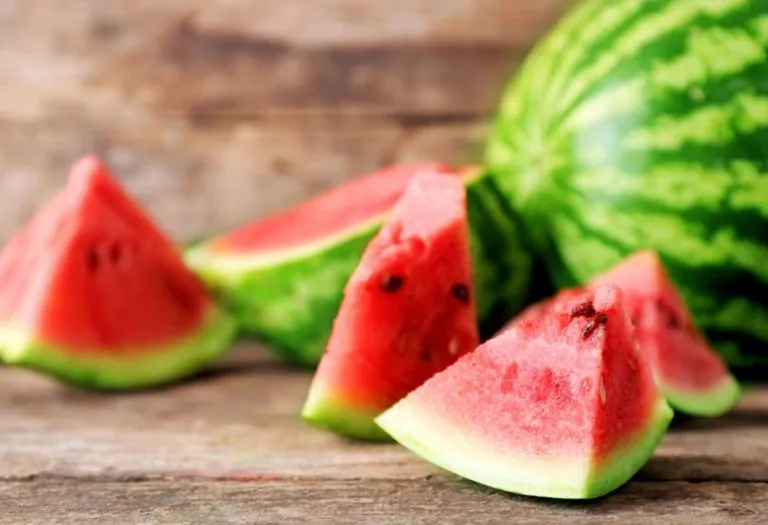
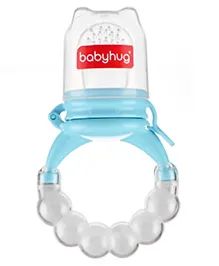
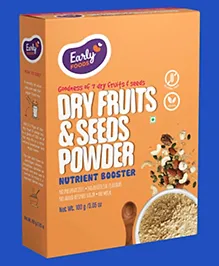
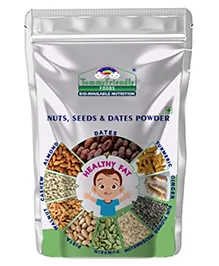
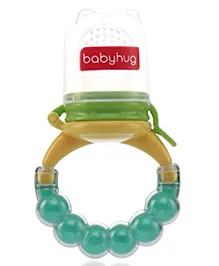
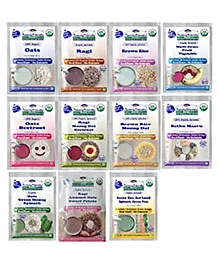
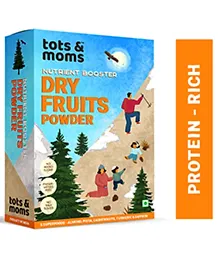
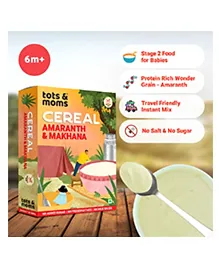
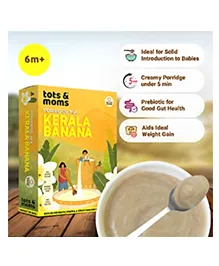
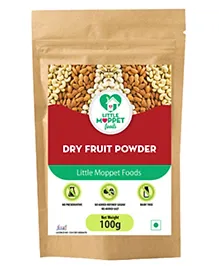
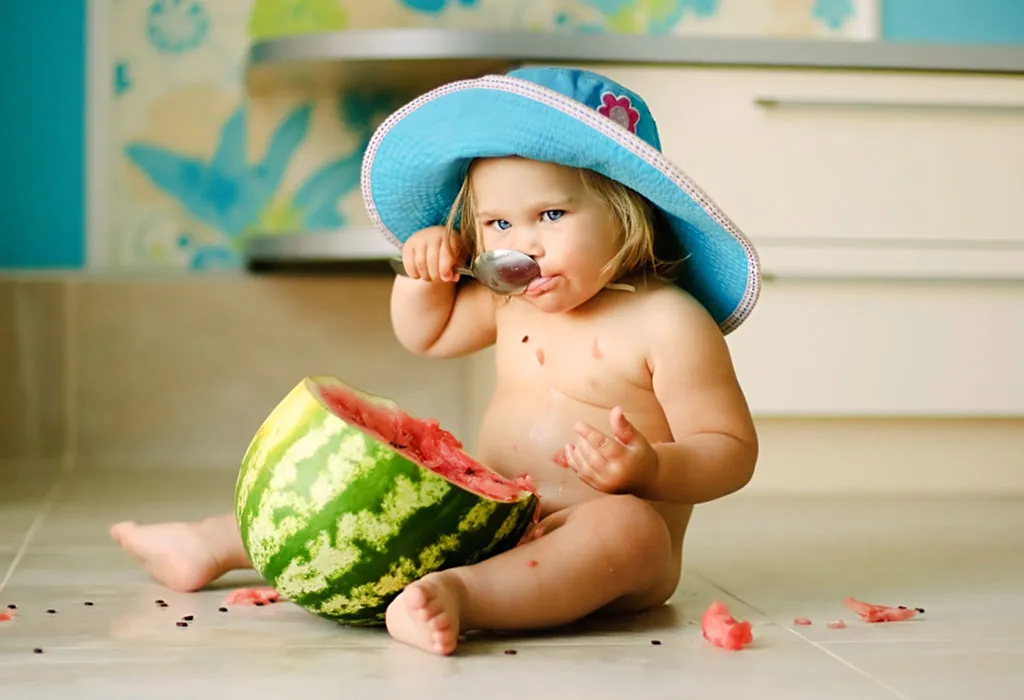
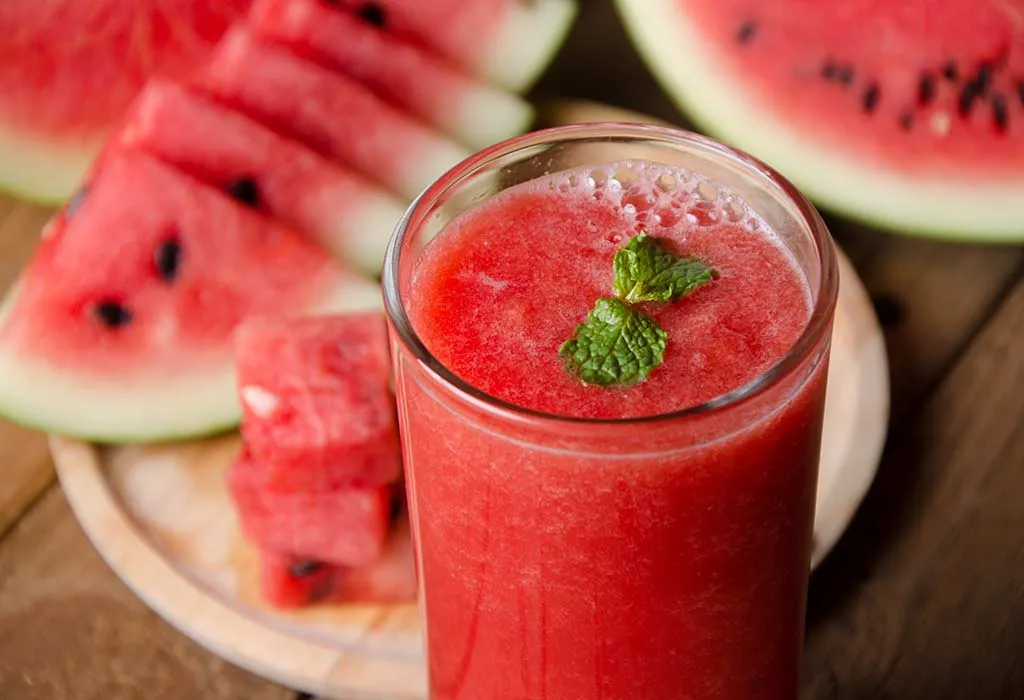
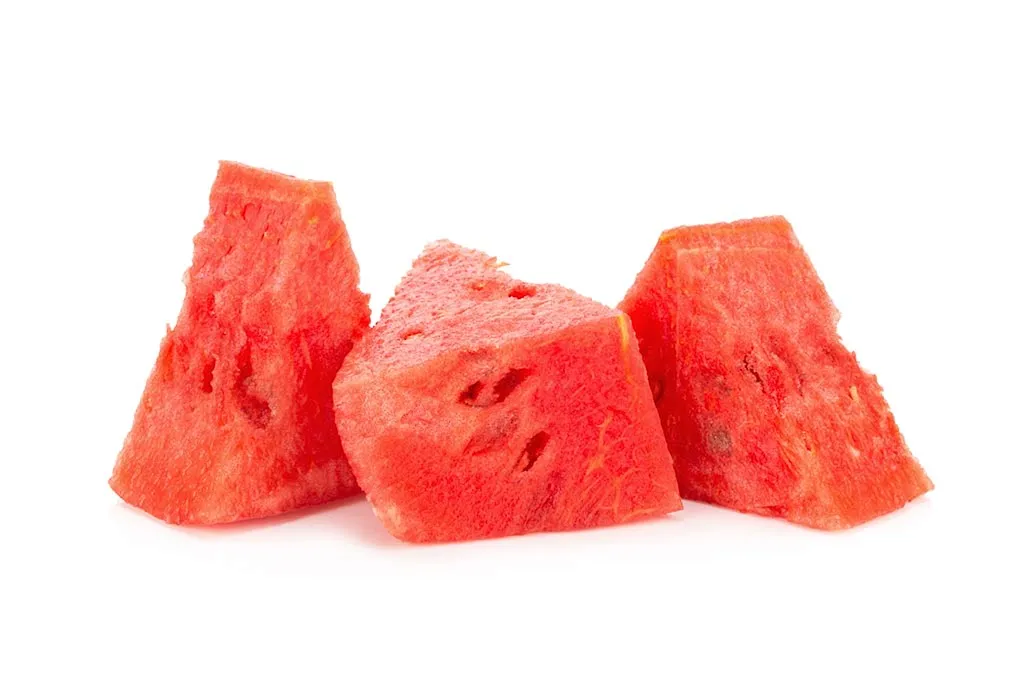
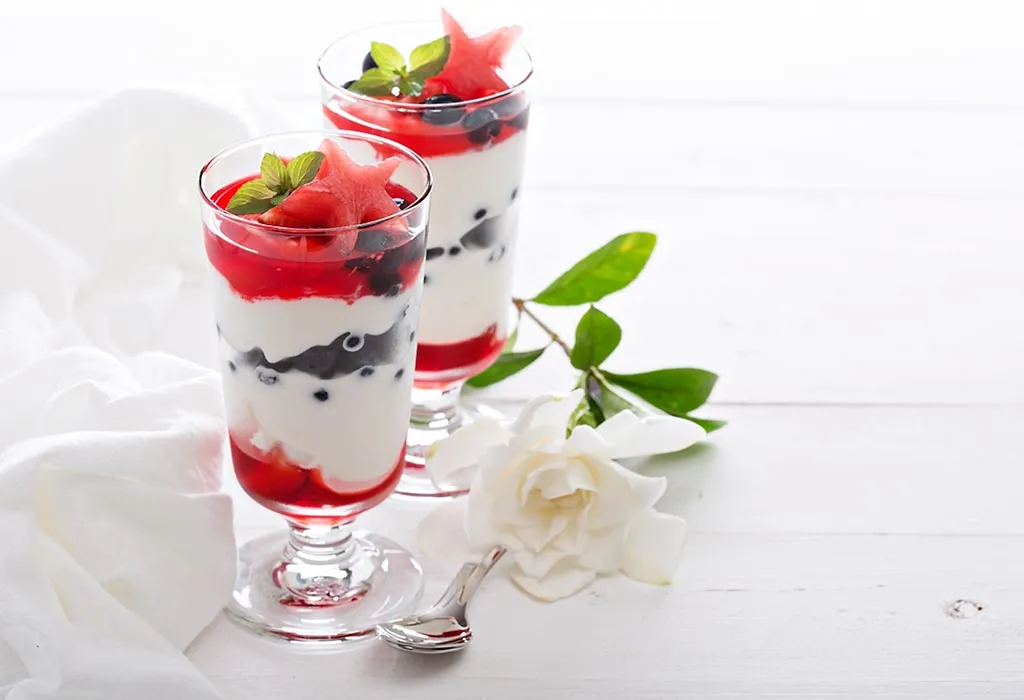
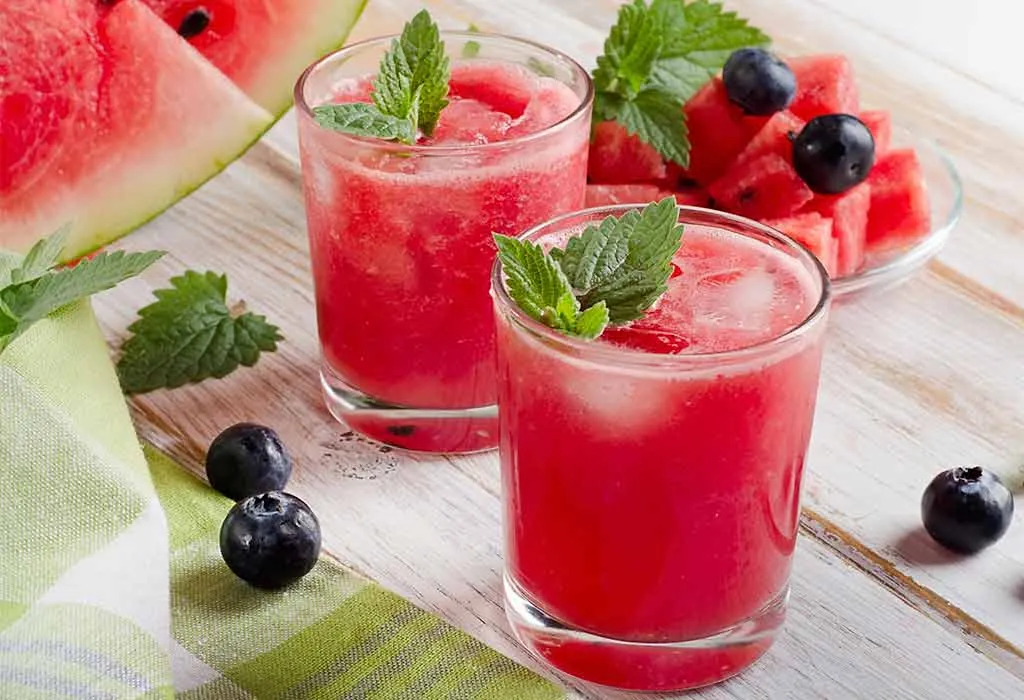
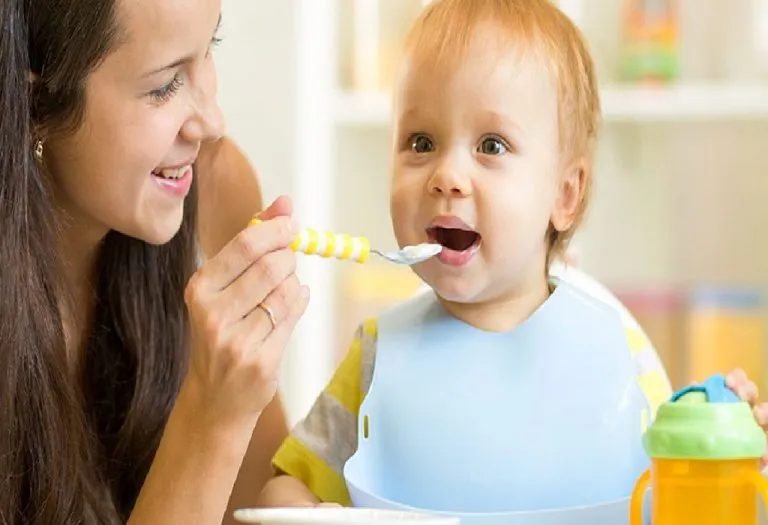
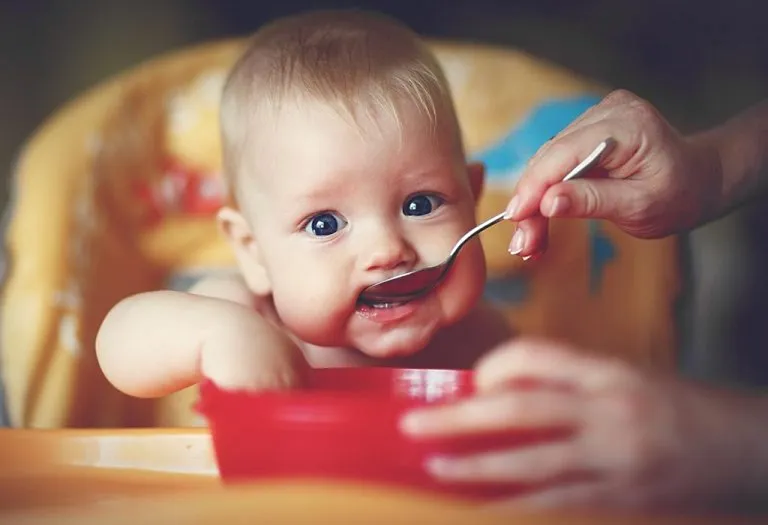

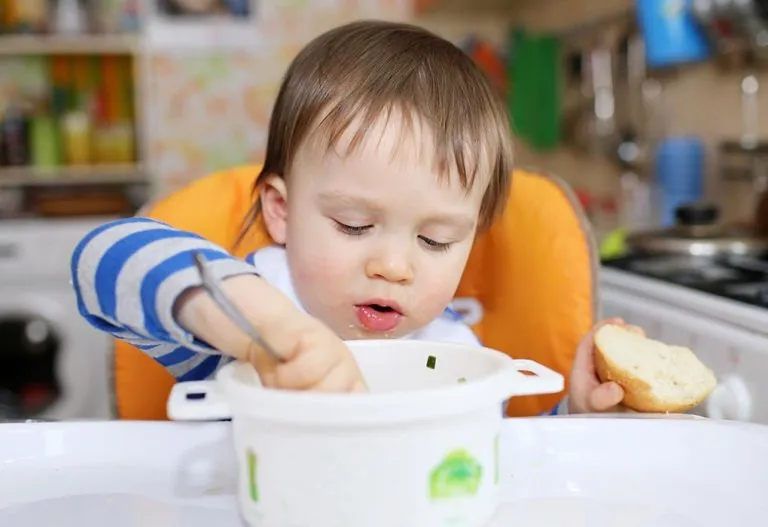
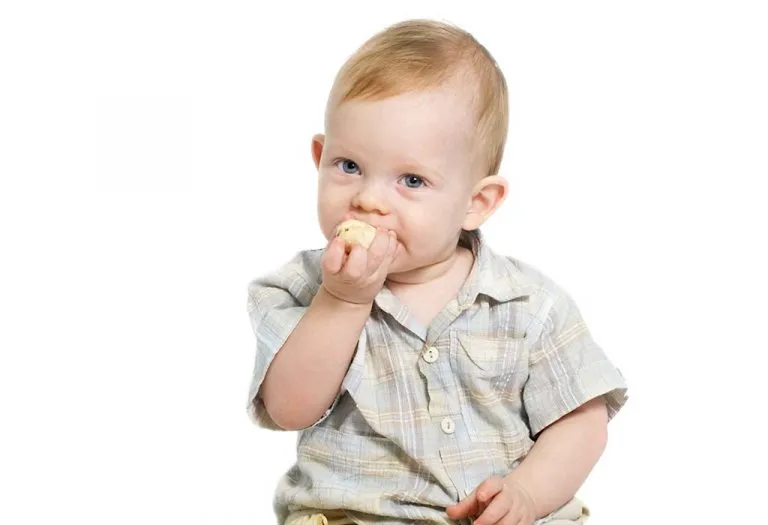


.svg)


















